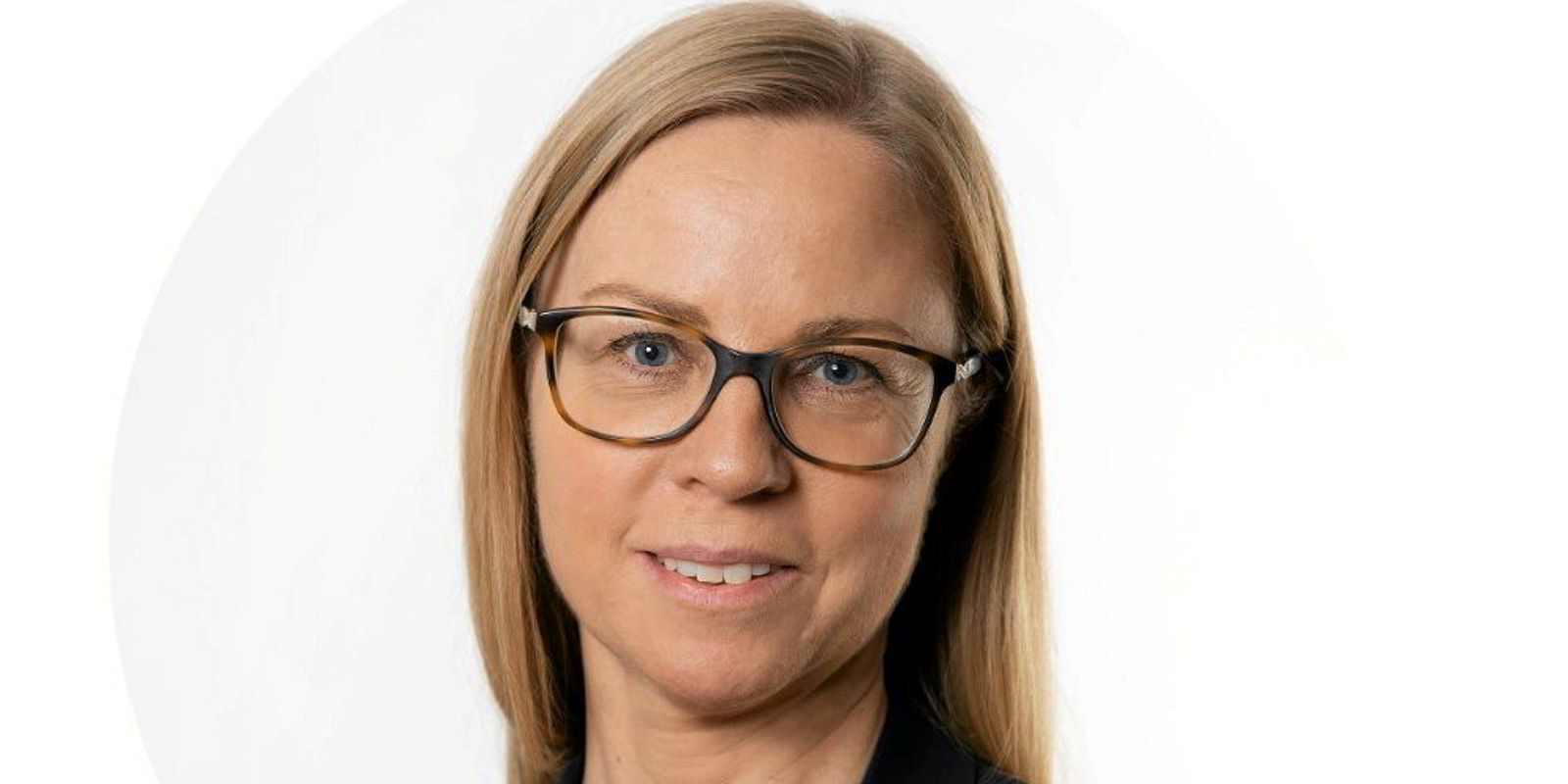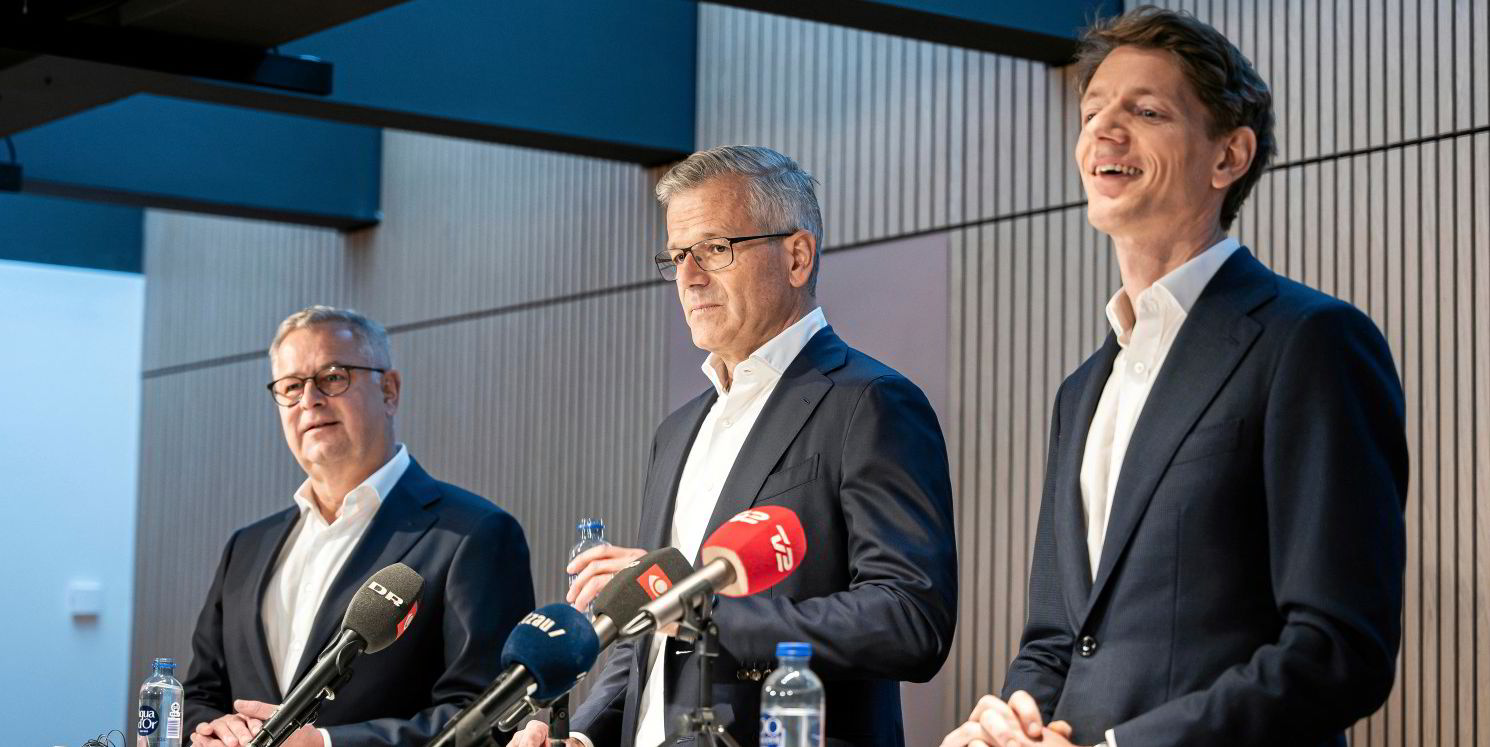Denmark’s AP Moller-Maersk has continued its quest to secure sufficient supplies of green methanol to run its fleet of eco newbuildings.
The company said it has signed a deal with Houston-based SunGas Renewables for its entire production of the low-carbon fuel from multiple facilities.
The spin-off of GTI Energy will have its first plant up and running in 2026, with a 390,000-tonne per year capacity.
SunGas will use its System 1000 technique to convert sustainably sourced residues from the forestry and wood products industries into green methanol.
Maersk has 19 methanol-capable vessels on order, for delivery between 2023 and 2025.
This is its ninth agreement for green methanol supplies.
“Securing green marine fuels at a global scale within this decade will require rapid scale-up of green methanol production capacity using a variety of technology and feedstock pathways,” said Emma Mazhari, head of green sourcing and portfolio management at Maersk.
“We are very pleased to welcome SunGas Renewables as a strategic partner in our efforts to achieve our goal of net zero greenhouse gas emissions in 2040 across our entire business, and to ensure meaningful progress is made within this decade in line with the Paris Agreement”
Maersk applauded
SunGas chief executive Robert Rigdon said his company’s partnership with Maersk is an important milestone on its mission to make an impact in the energy transition.
“We applaud Maersk’s leadership in catalysing decarbonisation of the entire marine shipping industry and look forward to working together to accelerate growth of production capacity for green methanol marine fuels,” he added.
Last month, Maersk struck a deal with US-based project developer Carbon Sink for 100,000 tonnes per year of green methanol.
In March, the group announced six partnerships with CIMC ENRIC, European Energy, Green Technology Bank, Orsted, Proman, and WasteFuel to source at least 730,000 tonnes of the bunkers per year by the end of 2025.
A seventh partnership with Debo was added in August.
A collaboration deal was also signed earlier in November with the Spanish government.
This could see up to 2m tonnes of green fuels delivered per year to the shipowner.





